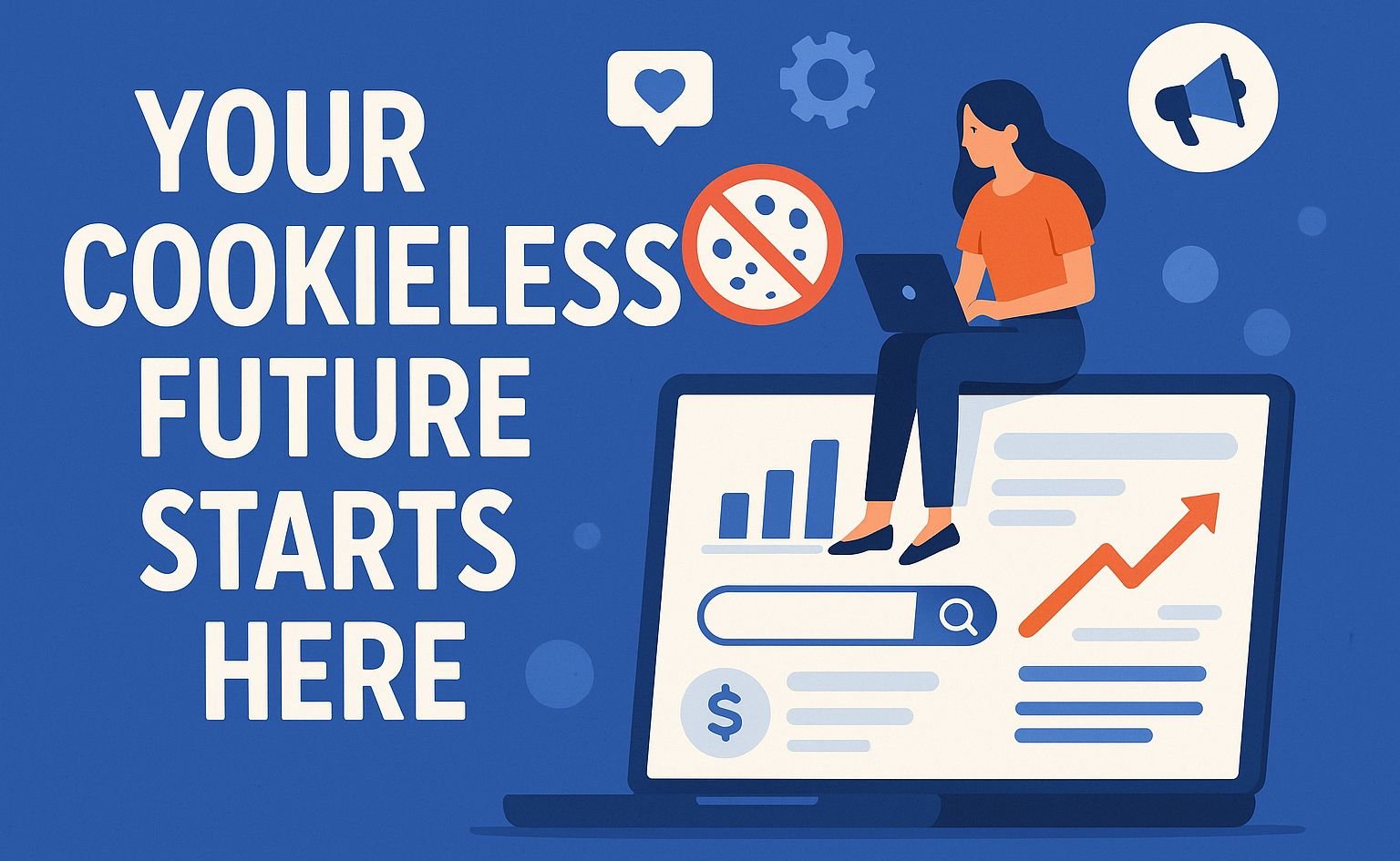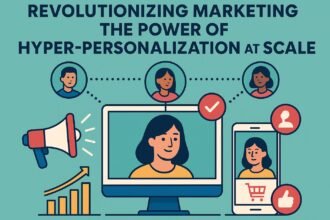The world of digital marketing is about to change in a big way. For a long time, third-party cookies have been used to target, retarget, and measure ads. But that time is coming to an end quickly. Browsers like Chrome are getting rid of them because people are worried about their privacy, and there are stricter rules around the world.
This isn’t a problem for the future. It is happening right now. Companies that don’t change with the times could lose the ability to see how their customers act and interact with them. But here’s the good news: the future without cookies is a chance to earn your audience’s trust, be open, and build stronger relationships with them.
Getting to Know the Cookie Shift
Not all cookies are going away. Here’s how it breaks down:
- What kind of cookie: First-Party Cookies
Who Makes It: The site you are currently on
The goal: Keeps you logged in, remembers your cart, and saves your settings.
Future: Staying - What kind of cookie: Cookies from Other Sites
Who Makes It: Other domains, like ad networks
The goal: Keeps track of browsing across sites and makes ad profiles
Future: Leaving
Why Third-Party Cookies Are Going Away
- Concerns about privacy – People don’t want to be tracked without their clear permission. They are more careful with their personal information now that there have been data breaches.
- Rules – Laws like GDPR in Europe and CCPA in California give users control over their data, which forces businesses to change how they do things.
The Problems That Lie Ahead
Marketers feel like losing third-party cookies is like losing the base of digital advertising. The biggest problems are:
- Audience Targeting: It’s harder to make profiles based on how people browse.
- Ad Retargeting: Less useful without tracking across sites.
- Attribution and Measurement: It’s harder to show that ads lead to conversions and prove ROI.
- Personalization: It’s harder to customize user experiences without data from other companies.
How to Win in a World Without Cookies
Instead of being afraid of this change, smart brands will see it as a chance to take charge of their data and relationships. Here’s how:
- Use First-Party Data More
You can get it directly by offering gated content, loyalty programs, email sign-ups, surveys, and quizzes.
It’s more reliable and powerful because it comes directly from customers. - Bring back ads that are relevant to the page
Instead of looking at how people act, look at what the page is about when you target ads.
A sports brand, for example, puts ads on a blog about training for a marathon.
It’s still very relevant and respects your privacy. - Look into new ways to identify yourself
Keep an eye on tools like:- Google Privacy Sandbox (ad APIs that put privacy first)
- Universal IDs (hashed emails, IDs that don’t use cookies)
Be open to change and adopt early when they start to work.
- Put money into your CRM
A good customer relationship management system organizes data from the first party.
Allows for personalized communication without trackers from outside. - Make content and SEO your top priorities
Your ideal audience will naturally be drawn to high-quality content.
SEO builds trust and organic traffic while also gathering first-party data. - Use gated content and subscriptions
Offer high-quality articles, tools, or experiences in exchange for signing up.
This makes it possible to talk to each other directly and with permission.
Final Thoughts: Making a Threat Work for You
The end of third-party cookies doesn’t mean the end of digital marketing; it means a new beginning. For too long, ads used tracking that wasn’t clear and didn’t get permission. Now, the future is about being open, trusting, and giving and getting real value.
Companies that act quickly by creating strong first-party data strategies, using contextual targeting, and trying out new identity frameworks won’t just make it. In a more ethical and strong marketing ecosystem, they will do well.
At its core, this change takes us back to the basics of good marketing:
- 👉 Know who you’re talking to.
- 👉 Understand what they need.
- 👉 Send messages that really connect.
What seems like a problem right now could turn out to be your biggest competitive advantage if you start today.












